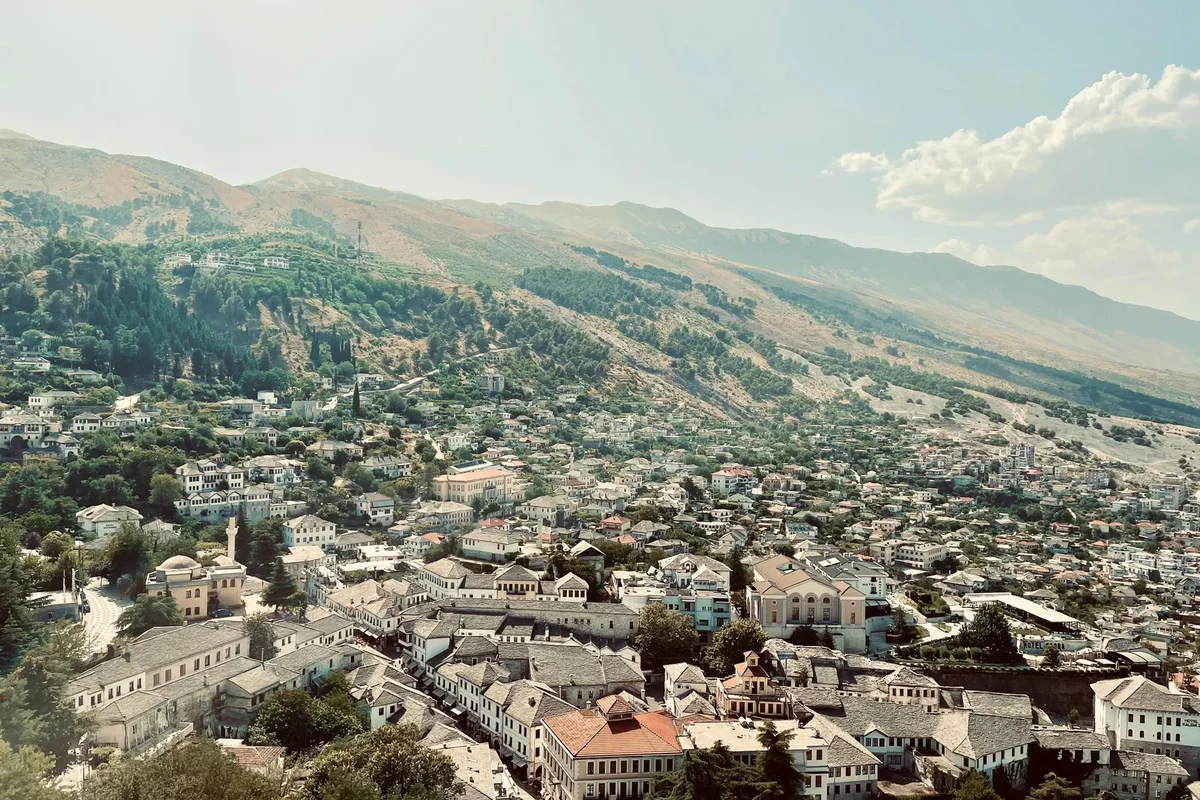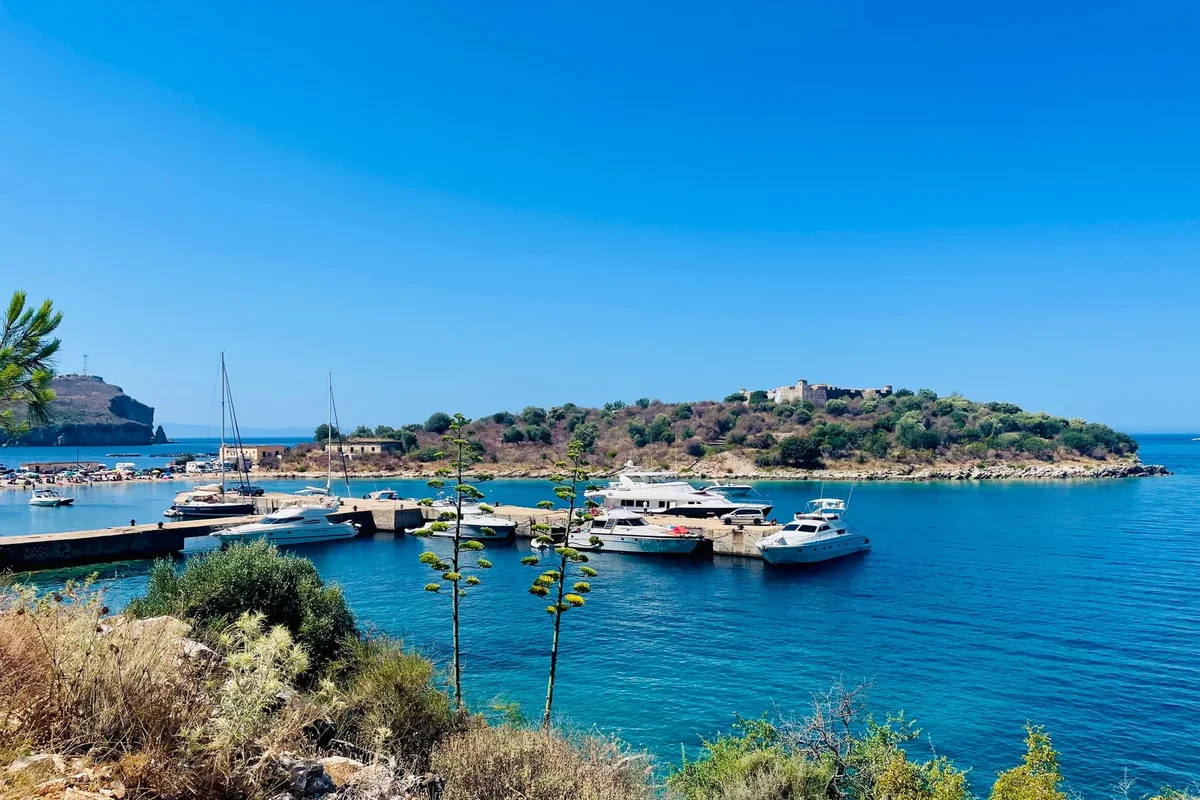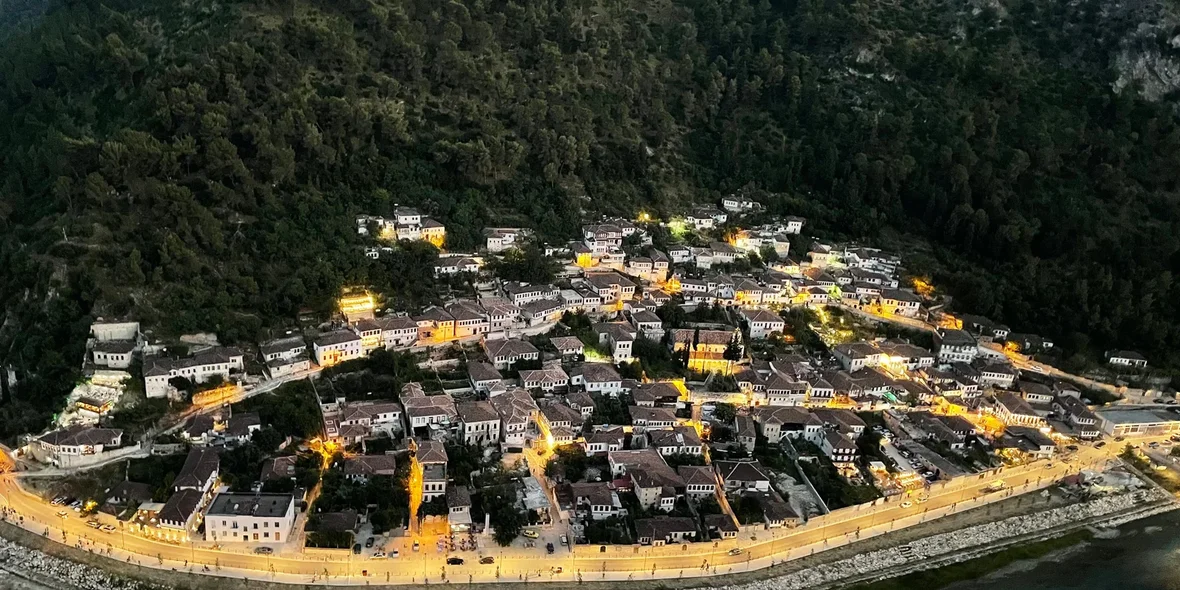
Buy Now, Don't Wait: Why You Should Enter the Albanian Real Estate Market Right Now — Expert Insight
New legislation protects buyers even at the construction stage, and the absence of purchase taxes makes entering the market highly attractive. We’re talking about Albania’s real estate market, where prices are rising 20–30% annually, and short-term rental yields in southern resorts reach up to 12% per year.
Maria Yarets, a real estate expert at Century 21 Eon Durrës Albania, shared with us why foreigners are flocking to Albania, which cities are seeing the fastest price growth, and how to avoid pitfalls when buying private homes. Spoiler: those entering the market now have 1–2 years before prices align with neighboring EU countries.
Nuances of Buying Real Estate and Residency Rights
— Can foreigners freely buy real estate in Albania? Are there any restrictions?
— Yes, foreigners can freely purchase apartments, villas, and houses in Albania. This is one of the market’s biggest advantages: the process is highly transparent, and foreigners face no restrictions on the number of properties or choice of city. That’s why we see clients from all over the world!
However, there’s an important nuance to understand.
Apartments pose no issues — they come with a share of the land under the building (since developers purchase the land before construction).
Private houses and villas, however, can be trickier: sometimes, you can buy the house, but the land beneath it may not legally belong to the seller or may have restrictions for foreigners. That’s why we always check the «kartela» (cadastral extract), verifying land ownership and encumbrances. At Century 21, we conduct this check before any contract is signed to ensure clients don’t end up in a situation where they own a house but can’t formalize the land.
For vacant land (plots without buildings), foreigners cannot buy directly. The law offers two options:
- Invest in construction an amount three times the plot’s value.
- Open a company in Albania (e.g., an SH.P.K.) to register the land under it.
Simple rule:
- Apartments: can be bought freely.
- Private houses and villas: can be bought, but the land must be verified.
- Land plots: through investment or a company.
This is where an expert comes in — someone who can navigate the paperwork, recommend the right approach, and prevent costly mistakes.

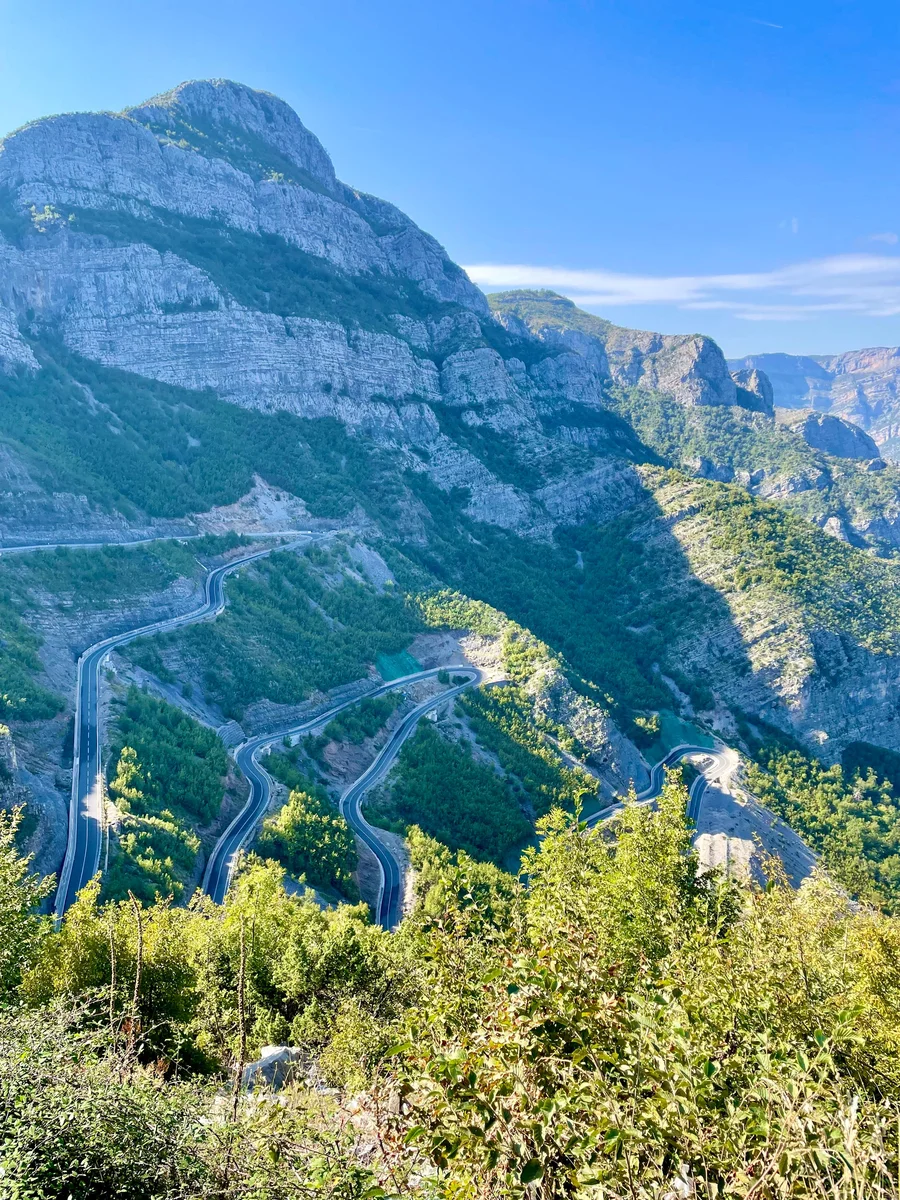
— Does buying real estate grant residency in Albania? What are the conditions?
— Yes, buying real estate in Albania can serve as a basis for obtaining a residence permit, but it’s not automatic. Purchasing an apartment doesn’t mean someone will hand you a passport. There’s a clear process through the migration service.
How it works in practice:
A residence permit under the «property owner» category is typically issued for 1 year initially, with the option to renew.
Required documents: notarized purchase contract, cadastral extract (kartela), health insurance, proof of income, and address registration.
Key nuance: only two people can obtain residency based on one property. Other family members apply through family reunification procedures.
Space requirements: 30 m² for one person, at least 40 m² for two.
Another detail often overlooked: if you’re buying property specifically for residency or considering opening a business in Albania, Century 21 in Durrës works with trusted partners — lawyers and migration consultants. Clients aren’t left to deal with paperwork alone; we guide them from purchase to residency approval.
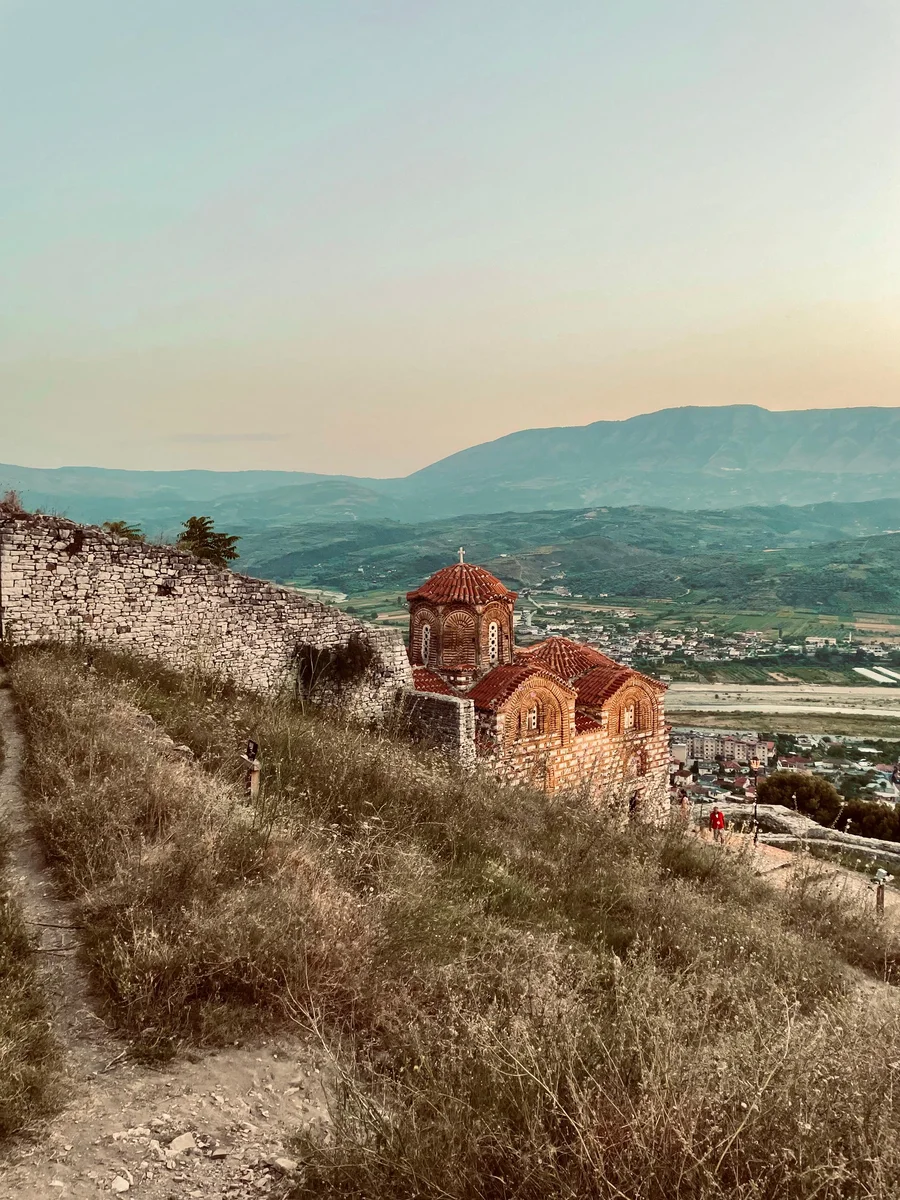
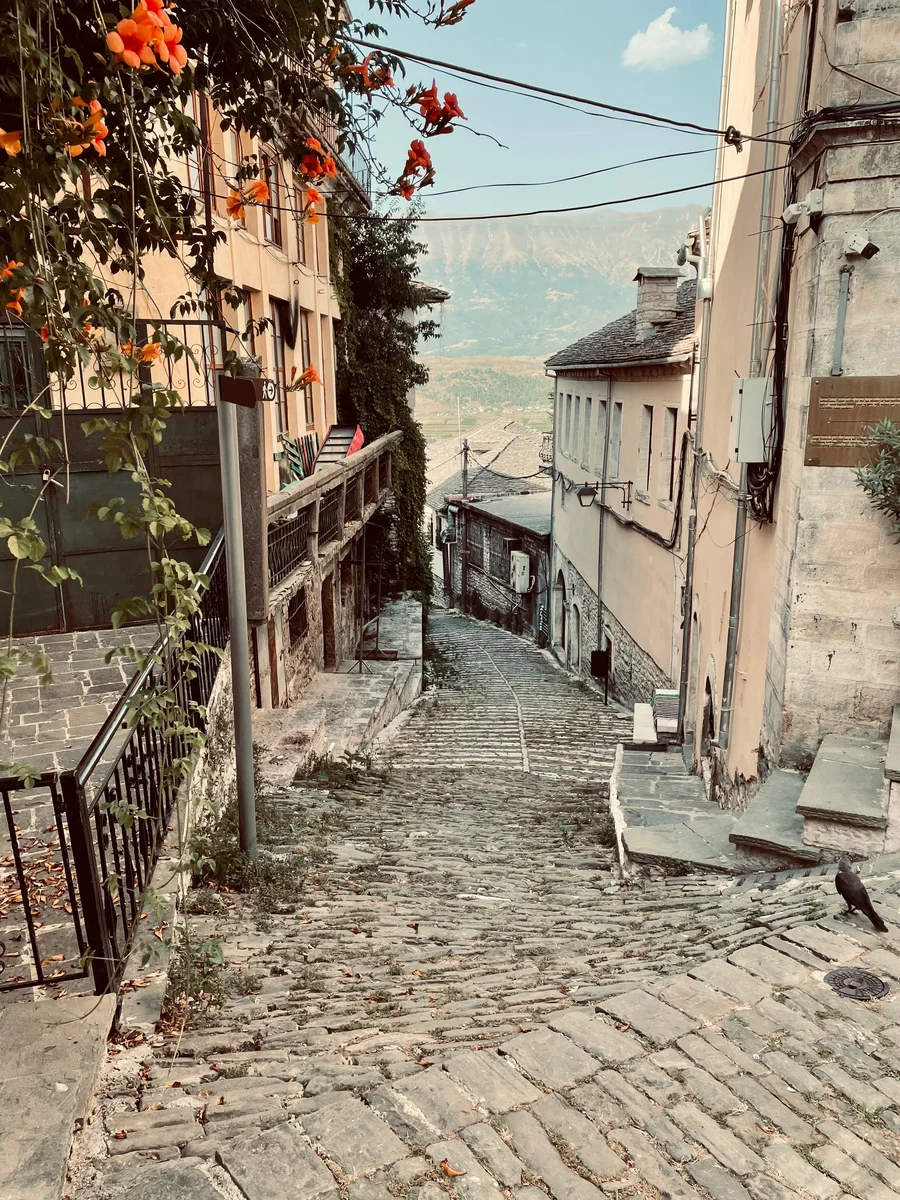
«By 2026, your apartment will be worth 20–30% more.»
Prices and Returns in Different Cities
— What are the current trends in residential real estate price growth in Tirana and coastal cities (Saranda, Vlorë, Durrës) in 2025, and how will prices evolve based on your forecasts?
— Strategically, the key factor for 2025 is new construction legislation applied nationwide. It ensures transparency and security at the foundation stage. Apartments are now registered in the cadastre during construction, transforming how foreigners perceive the market. They know their investments are protected, which will drive demand for new builds.
Albania is seeing steady price growth nationwide, but each location has its own dynamics.
Tirana
Prices have risen 30–40% over the past year, especially in central districts. Demand far outstrips supply, with new complexes selling out before completion. After rapid growth in 2024–2025, the pace will slow slightly, but the trend remains positive. Forecast: +6–10% by late 2025, with steady growth in 2026 in central areas and near major infrastructure projects.
Durrës
Prices grew 25–30% last year. Non-sea-view apartments range from €1,000 to €2,000 per m², while frontline or panoramic apartments cost €2,500—€3,500 per m².
Key factors: the city is 30 minutes from Tirana, and a major port reconstruction is underway, transforming the old port into Durrës Yachts & Marina with investments from Arab funds (e.g., Eagle Hills).
Forecast: +5–10% by late 2025, with a cumulative 15–20% growth by early 2026 compared to last year.
Vlorë
Prices increased 20–25% annually. Prices mirror Durrës: €1,000—€2,000 per m² for standard properties, €2,500—€3,500 for frontline. The main driver is the new airport under construction. Prices are rising gradually now, but demand will spike once flights begin. Forecast: +5–10% by late 2025, 15–20% in early 2026.
Saranda and Ksamil
Growth is around 30%. Limited land availability and high tourism appeal make the southern coast one of the most dynamic markets. Prices: €1,500—€2,000 per m², premium properties from €3,000 and up. Demand for premium properties is growing even faster than for standard apartments.
That’s why I tell clients, «If you’re considering buying in Albania, the sooner, the better. Buy at today’s prices during construction, and by 2026, your apartment will be worth 20–30% more.»
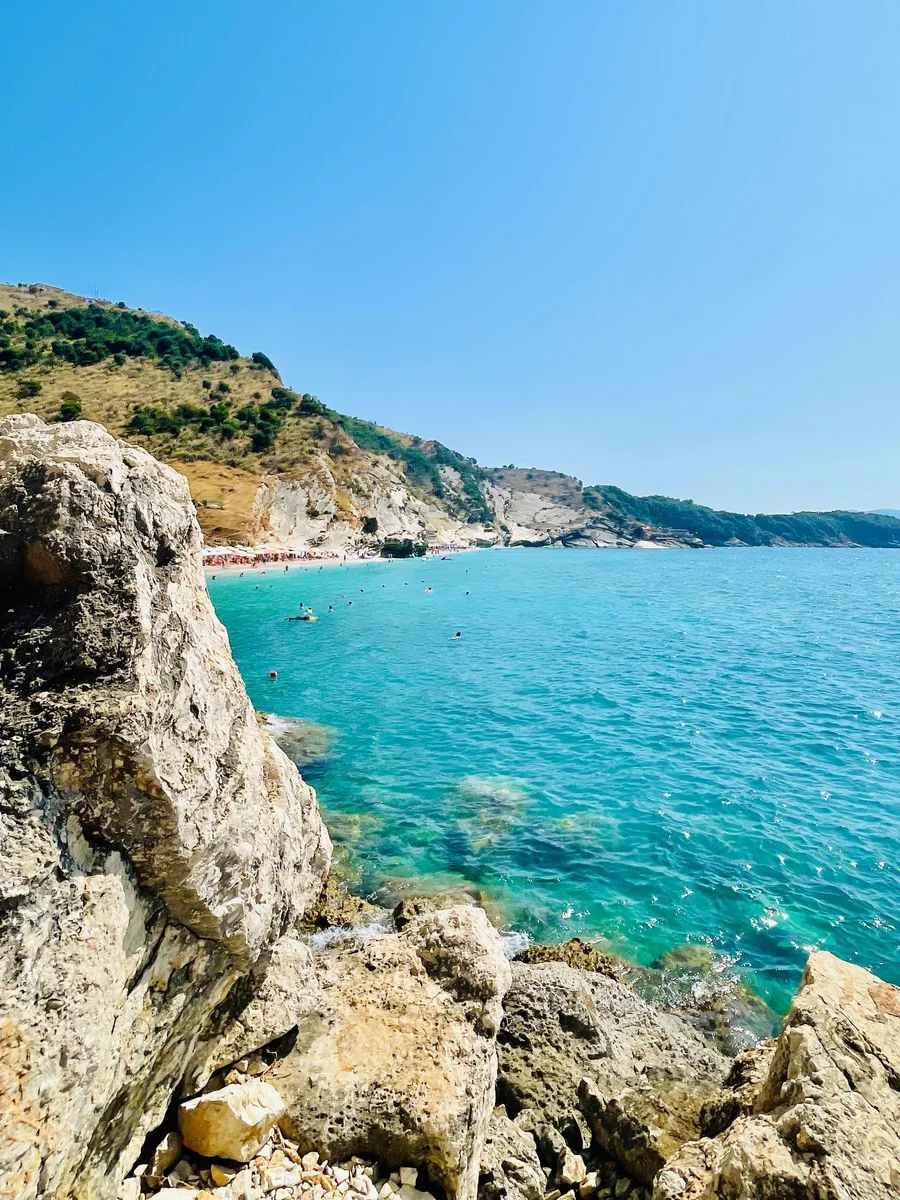
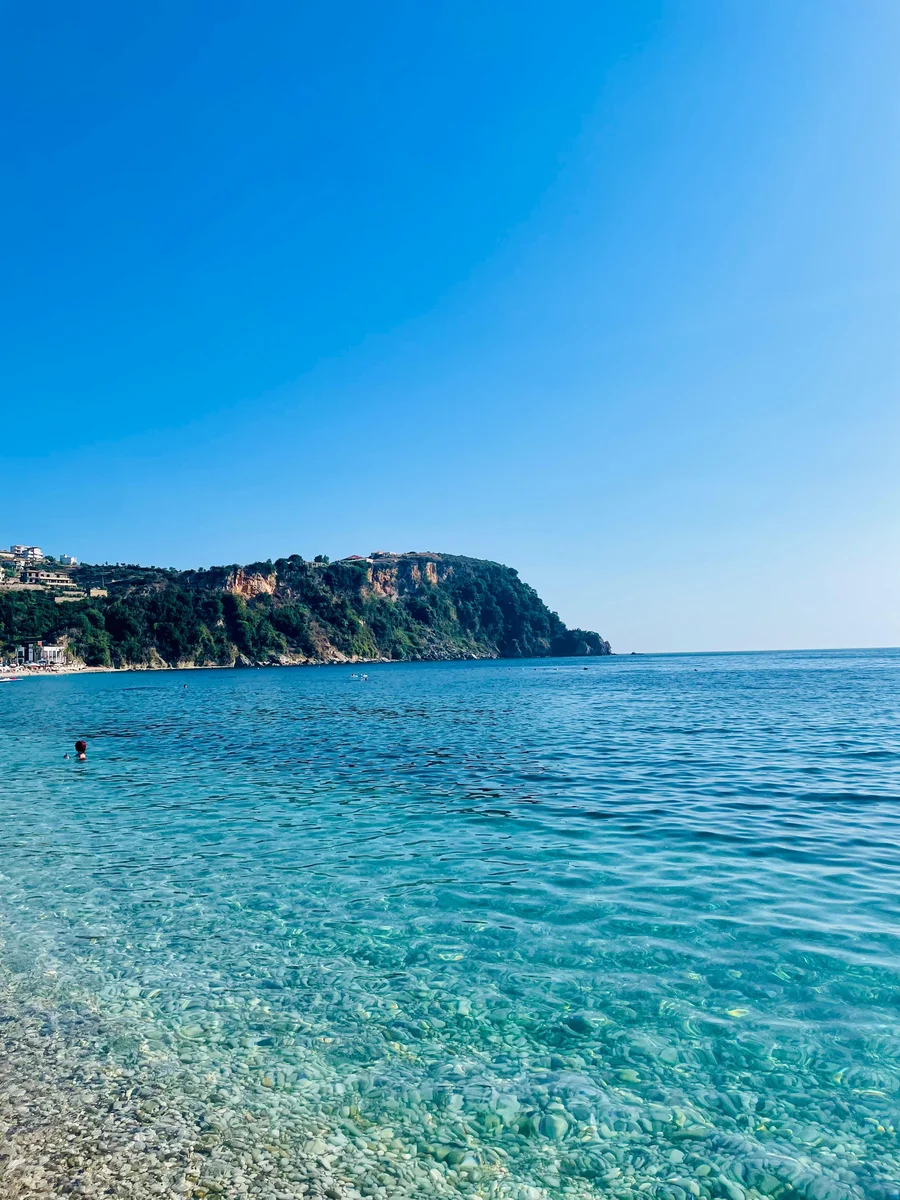
— What is the average rental yield for long-term and short-term rentals across different regions?
— Albania’s rental yields remain competitive compared to other Mediterranean countries. However, long-term (12+ months) and short-term (tourist) rentals differ significantly.
Durrës
This is the market I work in daily, with real data:
- Long-term rentals: an €80,000 apartment easily rents for €500/month, €120—150,000 properties for €700—1,000/month, and €200,000 properties for €1,100+/month. This yields 6–8% gross, above the European average.
- Short-term rentals: in peak season (May—September), yields reach 7–9% annually, with premium frontline properties yielding even more.
Vlorë
- Long-term rentals: 4.5–6.5% annually.
- Short-term rentals: 7–9%. Yields will rise further once the new airport opens, boosting short-term rental demand.
Saranda and Ksamil
- Long-term rentals: weak at 3.5–5.5%.
- Short-term rentals: the highest in the country at 9–12% gross. In peak months (July—August), apartments are nearly fully booked, earning in a week what long-term rentals yield in a month.
Tirana
- Long-term rentals: 4–6.5%, with steady demand from students, IT professionals, and international company employees.
- Short-term rentals: 5–7% in central districts (Blloku, Llapar), but less potential than coastal areas.
Strategic takeaway:
- For stability and families: Tirana. The capital is a hub for schools, universities, healthcare, and jobs, but the sea is a weekend trip.
- For quick returns: Durrës. Ideal for families wanting proximity to Tirana and beachfront living, with 6–8% long-term yields and 25–30% annual price growth.
- For tourist yields: Saranda and Ksamil. Record-breaking 9–12% short-term yields due to high seasonality.
- For future growth: Vlorë. Once the airport opens, short-term rentals will consistently yield 8–10%, making the city even more attractive for investors.
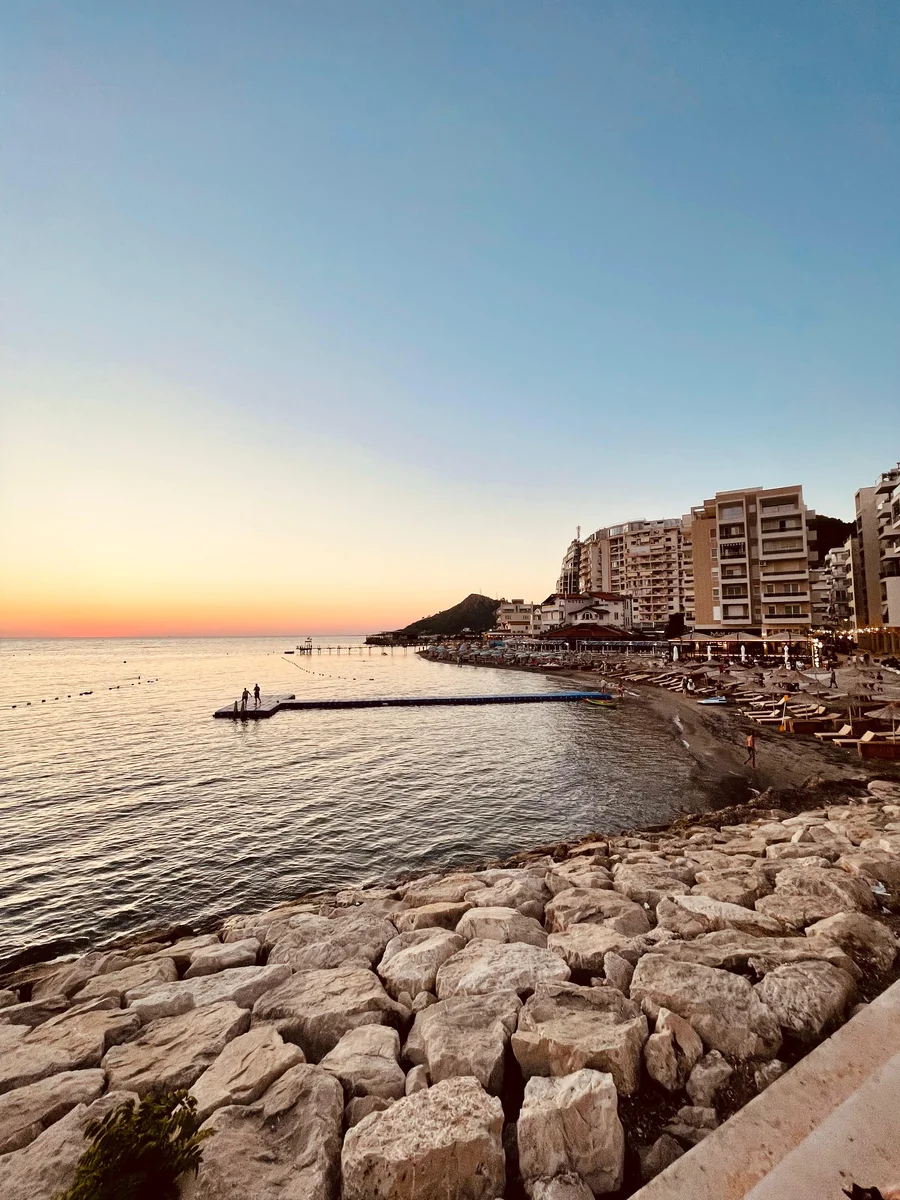
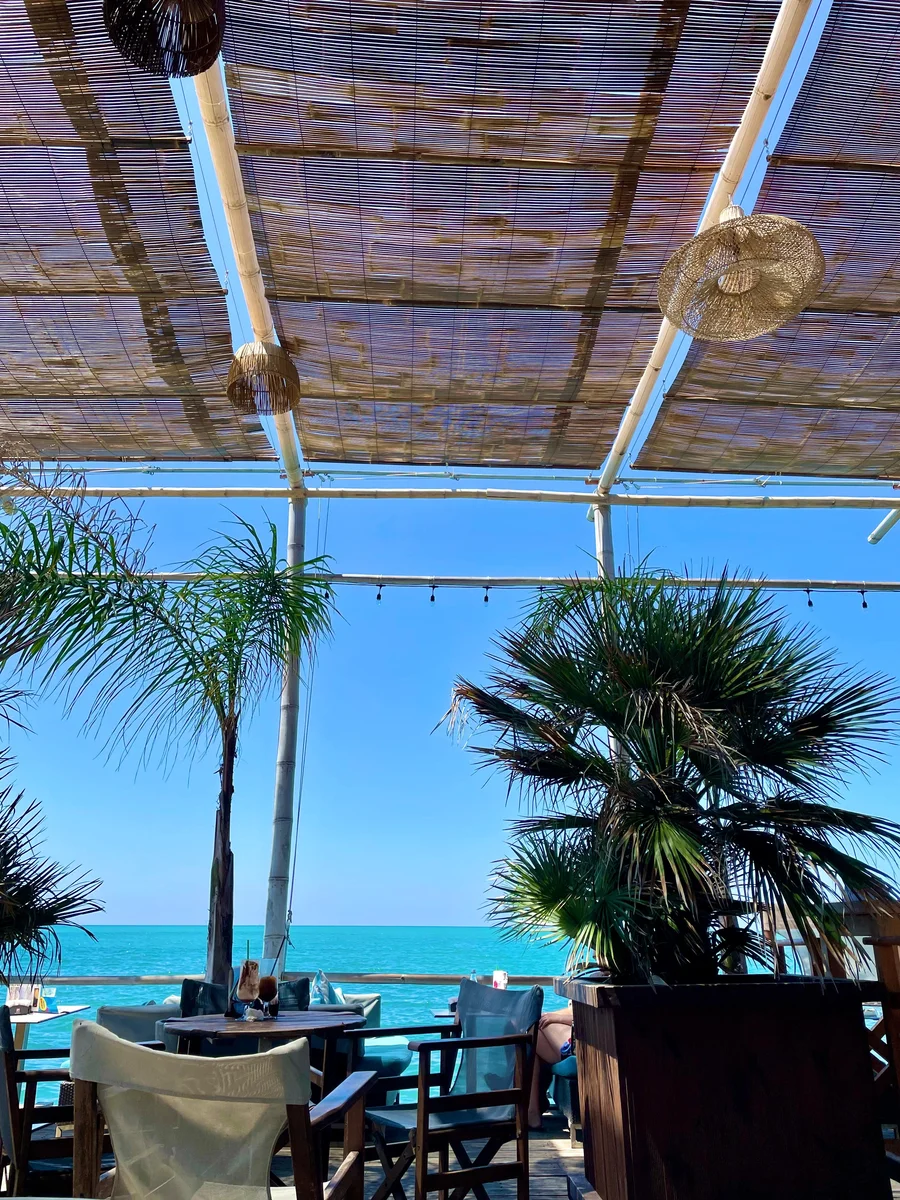
Buyer Geography, Mortgages, and Taxes
— Which countries drive demand for buying/renting in 2025, and how is this profile changing?
— The demand for Albanian real estate has shifted significantly over the past 3–4 years. While neighbors used to dominate, EU buyers are now increasingly active.
Traditional markets — neighbors:
- Kosovo and North Macedonia: the first wave, with families buying in Durrës and Vlorë for easy summer getaways.
- Italy and Greece: Italians see Albania as a «second Riviera» with affordable prices, while Greeks use the south for secondary businesses.
New demand from the EU and beyond:
- Poland, Czechia, Germany, the UK, and the Netherlands: transactions from these countries have surged in the last two years. Poles and Czechs favor Durrës for affordable prices and proximity to Tirana (convenient flights).
- Scandinavia (Sweden, Norway): growing interest in premium properties in the south (Dhërmi, Himara, Ksamil).
Rental trends:
- In Durrës, families from Kosovo and Macedonia rent consistently, with Italians and Poles booking via Booking and Airbnb in summer.
- In Saranda and Ksamil, renters are more international, including Americans.
- In Vlorë, Italians and Germans dominate, driven by the upcoming airport and port.
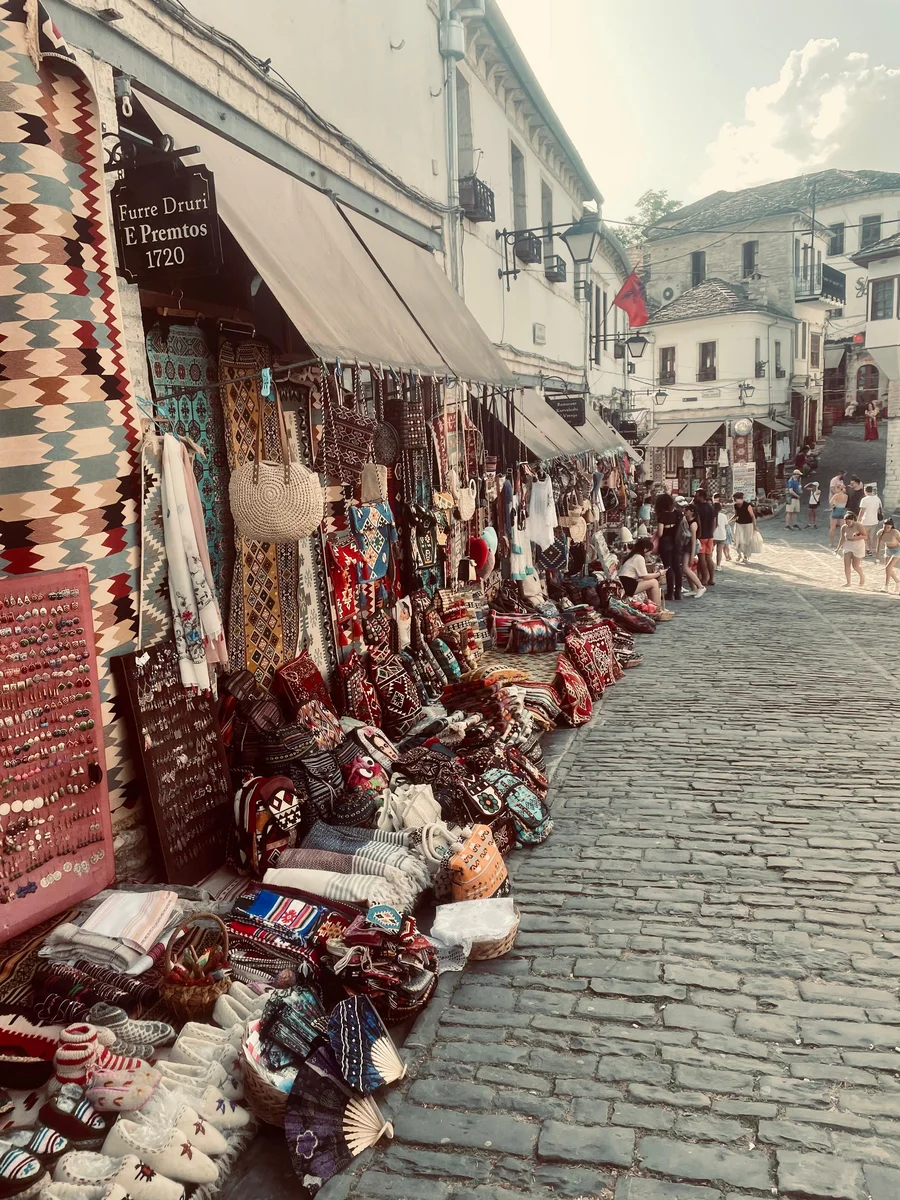
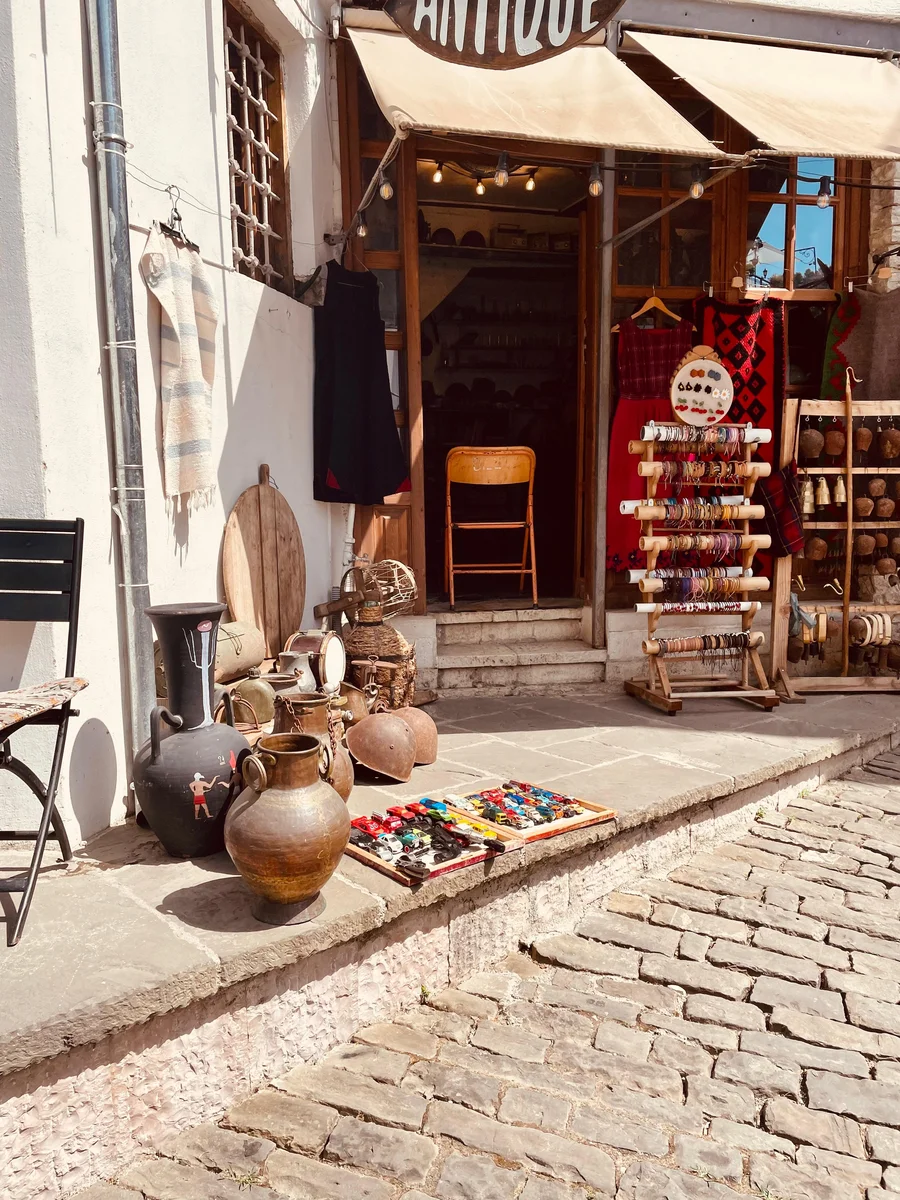
— Is mortgage financing available for non-residents? If so, what are the nuances, interest rates, down payments, and loan terms?
— In theory, foreigners can access mortgages in Albania, as banks work with non-residents. In practice, it’s far more complicated.
Why it’s challenging:
- The process takes 6–12 months with no approval guarantee.
- Banks prefer clients with an Albanian business or collateral property.
- Extensive documentation is required: proof of income, tax declarations, and credit history from the home country, which takes time to verify.
- The market grows 20–30% annually, so developers and private sellers rarely wait for bank approvals, even for locals.
Formal conditions for foreigners:
- Down payment: 30–40%.
- Loan term: 10–20 years.
- Interest rates: 5–7% annually in euros.
These are theoretical terms; in reality, mortgages are rare for foreigners.
Real alternative:
Most foreigners opt for developer installment plans, a practical solution:
- Down payment: 20–30%.
- Balance paid over 2–3 years, interest-free.
- Price locked at contract signing.
This benefits investors twofold: the apartment appreciates during construction, and resale is possible before completion. For personal buyers, it ensures you secure today’s price in a rapidly rising market.
— Are there specific taxes or fees when buying real estate, and what are their approximate amounts?
— Albania’s real estate purchase process is highly transparent for foreigners: no taxes apply at purchase. A capital gains tax (15% on the difference between purchase and sale price) applies only when selling.
Buyer’s costs:
- Notary fees: ~1% of the property value (includes cadastral registration with ASHK).
- Agency fees: 1–2%, depending on transaction complexity.
- Translator: €100—200 (oral and written contract translation).
- Utility contract transfers (water UKD, electricity OSHE): €10—15 each.
Seller’s costs:
- Capital gains tax: 15% (on the difference between purchase and sale price).
Foreigners enter transactions without additional taxes. Total purchase costs (notary, agency, technical services) save thousands compared to Europe, where transfer taxes can reach 3–7%. This fuels market growth: investors get a «clean entry» without taxes and can profit from rentals and price appreciation.
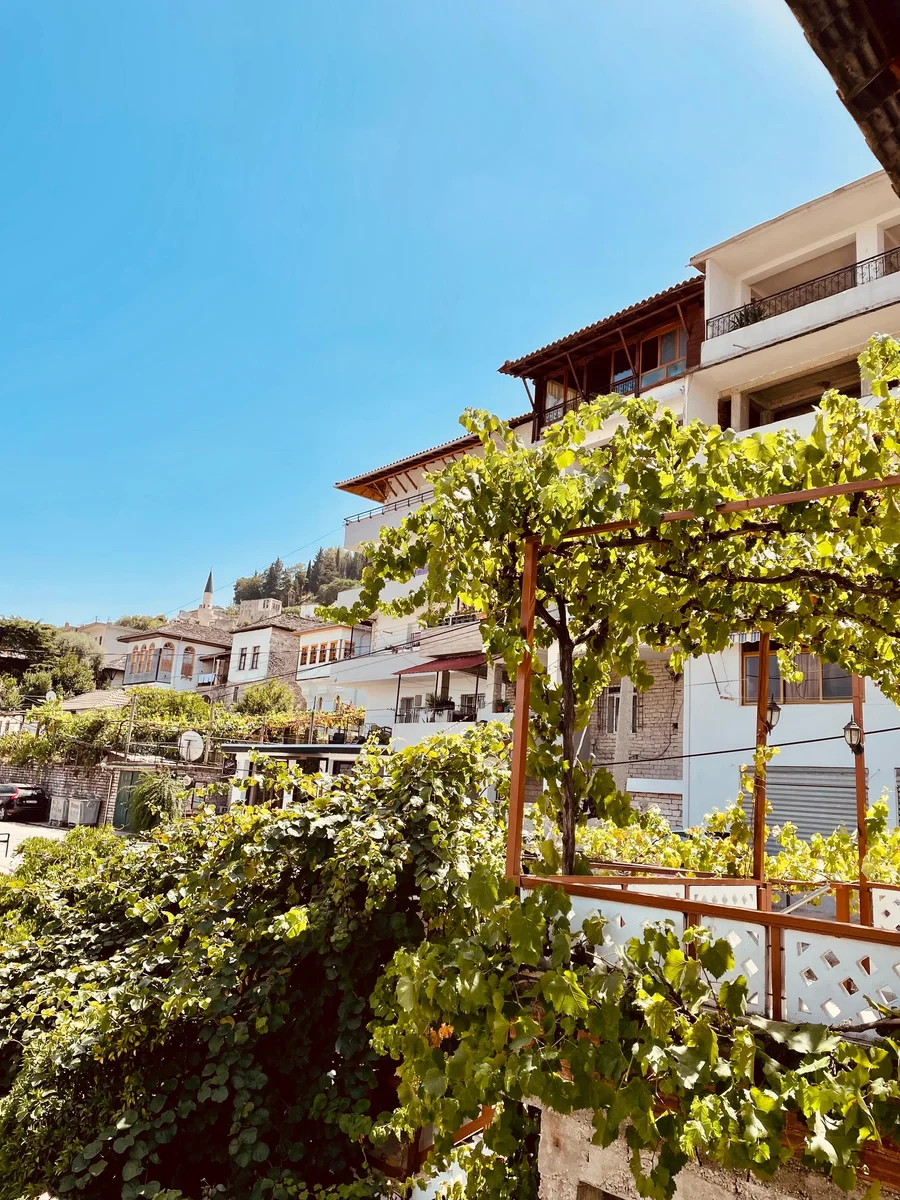
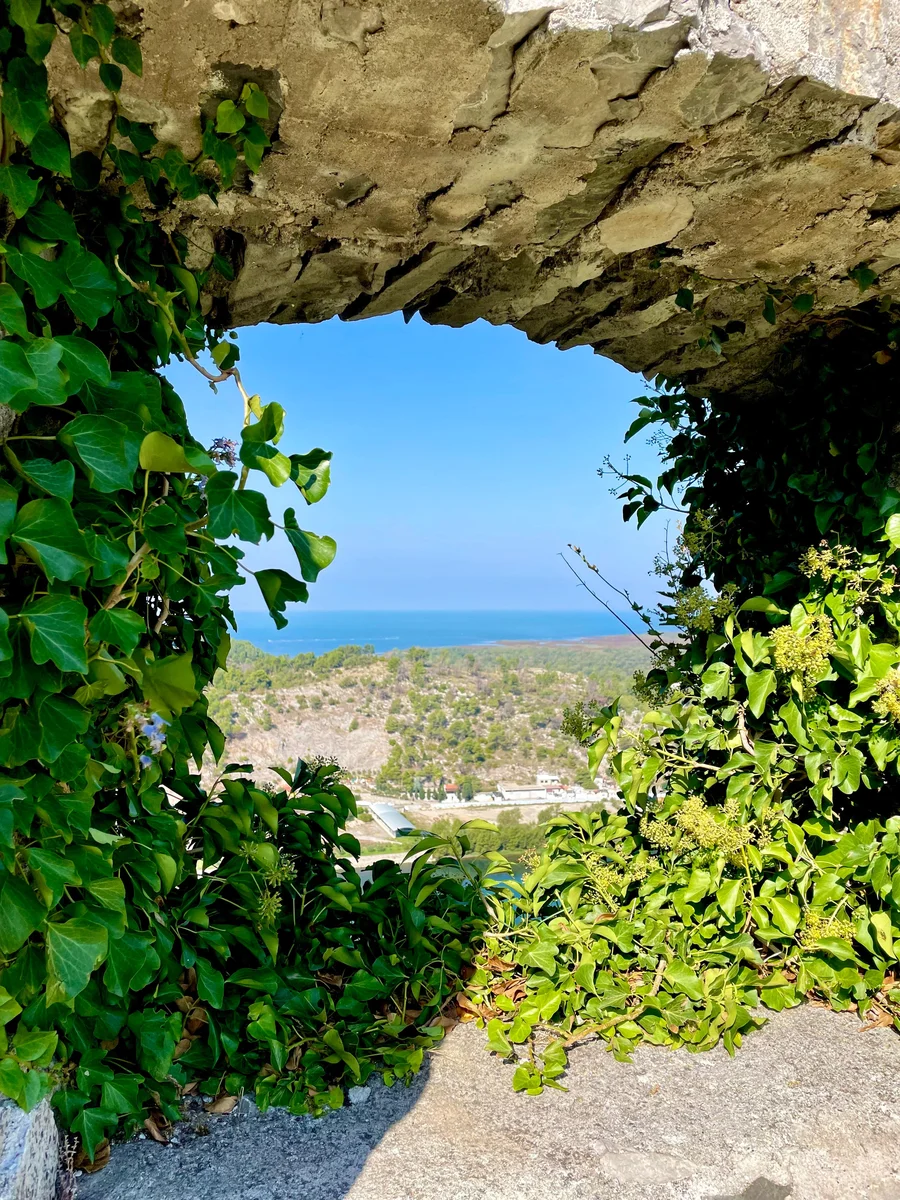
Transaction and Payment Process
— What is the process for registering ownership, and how long does a transaction take from reservation to ownership registration?
— Albania’s real estate purchase process is well-structured, overseen by notaries and the cadastre, ensuring safety for foreigners.
Transaction stages:
- Reservation: a deposit (€1,000 or up to 5% of the price) is paid. Reservation periods vary, typically 1–4 weeks, sometimes a month.
- Due diligence: document checks include the cadastral extract (kartela), construction permits, encumbrances, and cleared utility debts (OSHE electricity, UKD water). This protects buyers from hidden issues.
- Notarial contract: both parties sign, and funds are transferred to the notary’s account. The seller pays the 15% capital gains tax, or the notary withholds it. The notary submits documents to the cadastre (ASHK).
- Ownership registration: the cadastre verifies documents and issues an electronic ownership certificate and kartela, downloadable via e-Albania.
- Transaction completion: the notary transfers funds to the seller only after registration, ensuring buyer protection.
Timelines:
- Secondary market: 1–6 weeks.
- New builds: up to 1 month from reservation, with registration during construction.
— Is a translator required, and in what language are contracts drafted?
— All notarial acts in Albania are drafted in Albanian, as required by law. Even bilingual contracts (Albanian + English or Russian) have legal weight only in Albanian.
How it works:
- If the buyer doesn’t speak Albanian, a translator is mandatory to explain the contract during signing.
- We provide clients with a draft contract in their language beforehand to review and ask questions.
- During the transaction, the translator reads the contract aloud, ensuring the client understands everything.
- Cost: translator services (oral and written) cost €100—200.
Buyers are legally protected: notaries won’t proceed without a translator. We organize the process to ensure clients feel comfortable, receiving drafts in advance and clear explanations during signing.
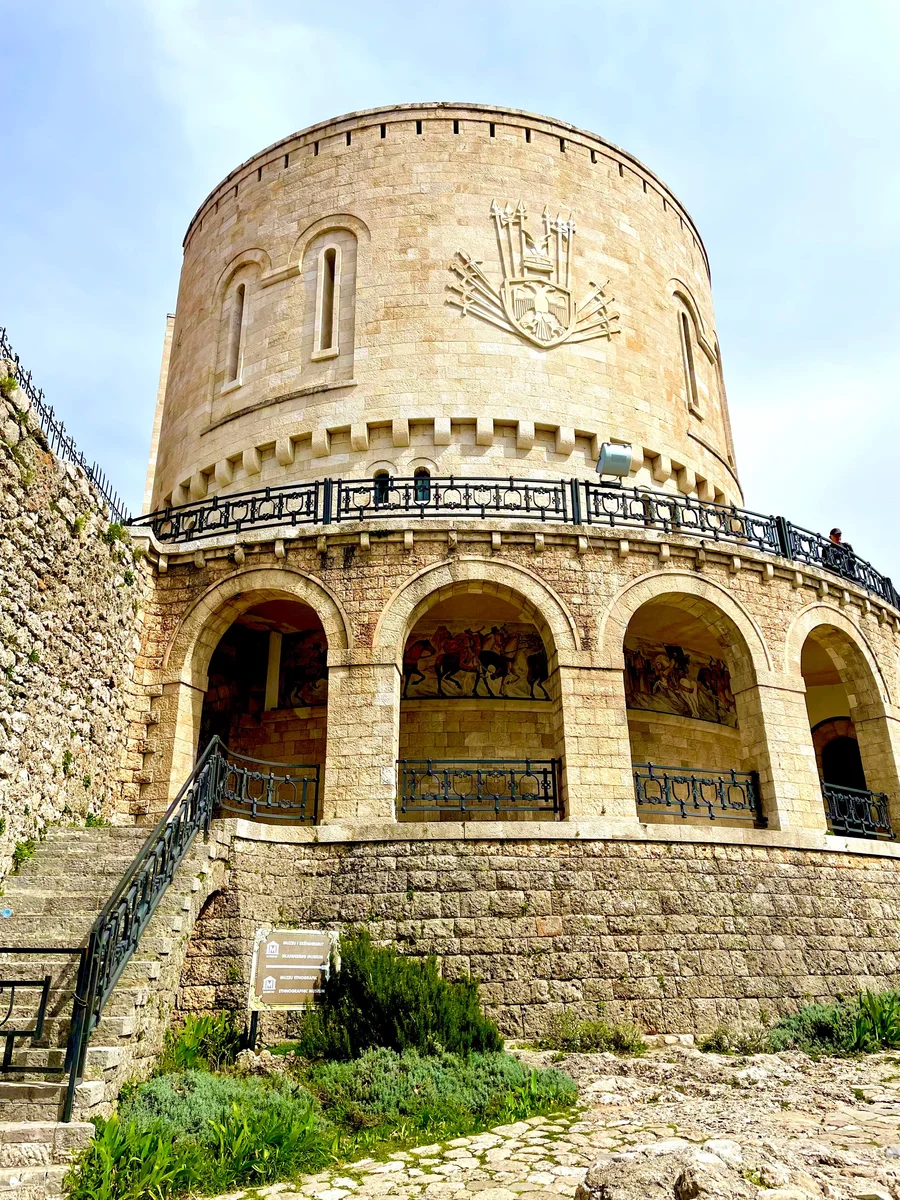
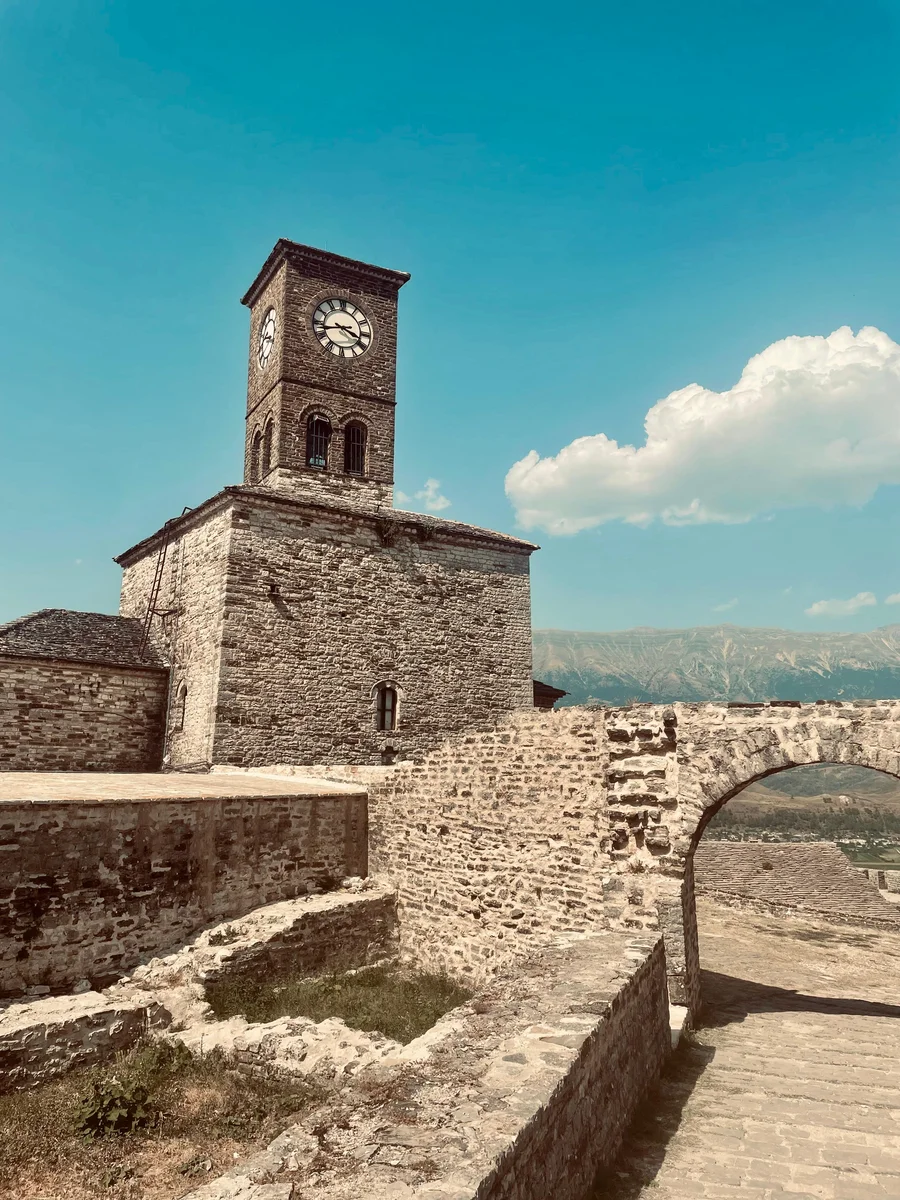
— How does payment work? Is a local bank account required? In what currency is the transaction fixed, and is the source of funds verified?
— Payments in Albania are secure for buyers, as funds always go through the notary.
Payment process:
- At signing, the buyer transfers funds to the notary’s account.
- The notary withholds the seller’s capital gains tax (if unpaid), submits documents to the cadastre, and transfers the remaining funds to the seller only after ownership registration.
- This ensures the seller receives funds only when the buyer is legally the owner.
Bank account:
- No local bank account is required; foreigners can transfer funds directly from overseas accounts to the notary.
- For rentals or installment payments (e.g., developer plans), a local account is convenient but not mandatory.
- Currency: transactions are fixed in euros (rarely leks), with payments in euros as the standard.
Source of funds verification:
- Albania adheres to AML (anti-money laundering) regulations.
- Banks and notaries may request proof of funds: bank statements, income proof, or tax declarations.
- This is standard international practice, protecting both parties.
— Can transactions be conducted remotely?
— The standard practice requires the buyer’s presence at the notary for signing, allowing direct interaction with documents and the translator.
However, remote transactions are possible via power of attorney:
- The buyer issues a notarized power of attorney in their home country, apostilled and translated into Albanian by an official translator in Albania.
- A representative in Albania acts on the buyer’s behalf, signing contracts and registering ownership.
Key points:
- The power of attorney must clearly specify all actions (signing, payment, registration).
- Payments still go through the notary, ensuring safety.
- While we recommend in-person presence, we organize remote transactions to be risk-free and compliant.
«Today’s Albania is tomorrow’s Croatia. But with affordable prices for now.»
Market Prospects and Influencing Factors
— How does your agency assist with transactions?
— Century 21 in Albania goes beyond just finding properties. We provide full support from initial viewing to ownership registration and property management.
What we do at each stage:
- Property selection: we align with the client’s goals (investment, residency, family housing) and offer only vetted properties with clean documents.
- Due diligence: checking the cadastral extract (kartela), permits, encumbrances, and cleared utility debts (OSHE, UKD).
- Transaction organization: providing draft contracts in advance, arranging translators, and coordinating secure payments through the notary.
- Notary and registration: managing contract signing, notary payments, and ensuring cadastral registration (ASHK) with certificates issued via e-Albania.
- Post-transaction (optional): utility contract transfers (UKD, OSHE), finding property management companies for rentals, renovation and furnishing services, residency application support, and long-term rental management.
We handle everything, ensuring clients get a turnkey solution: a property, clean documents, rental setup, and ongoing management.
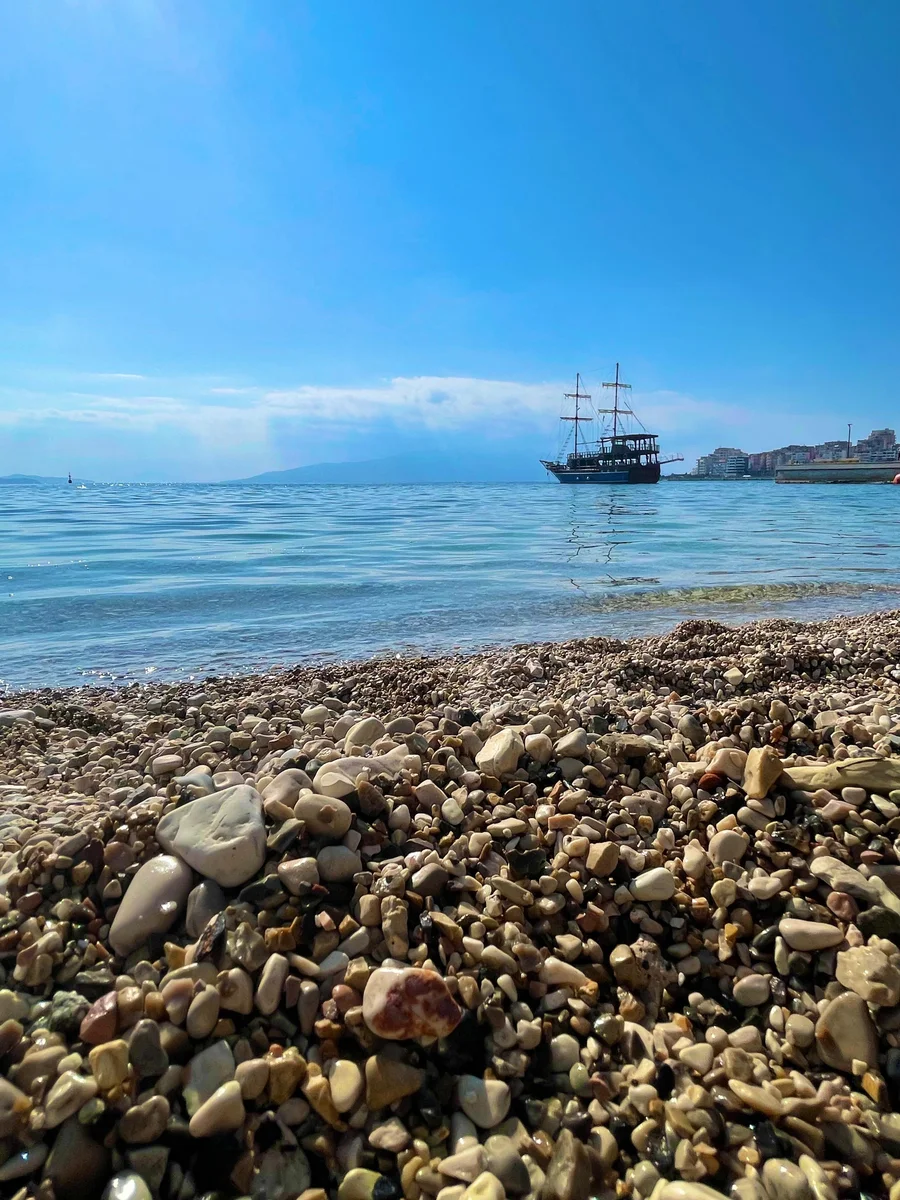
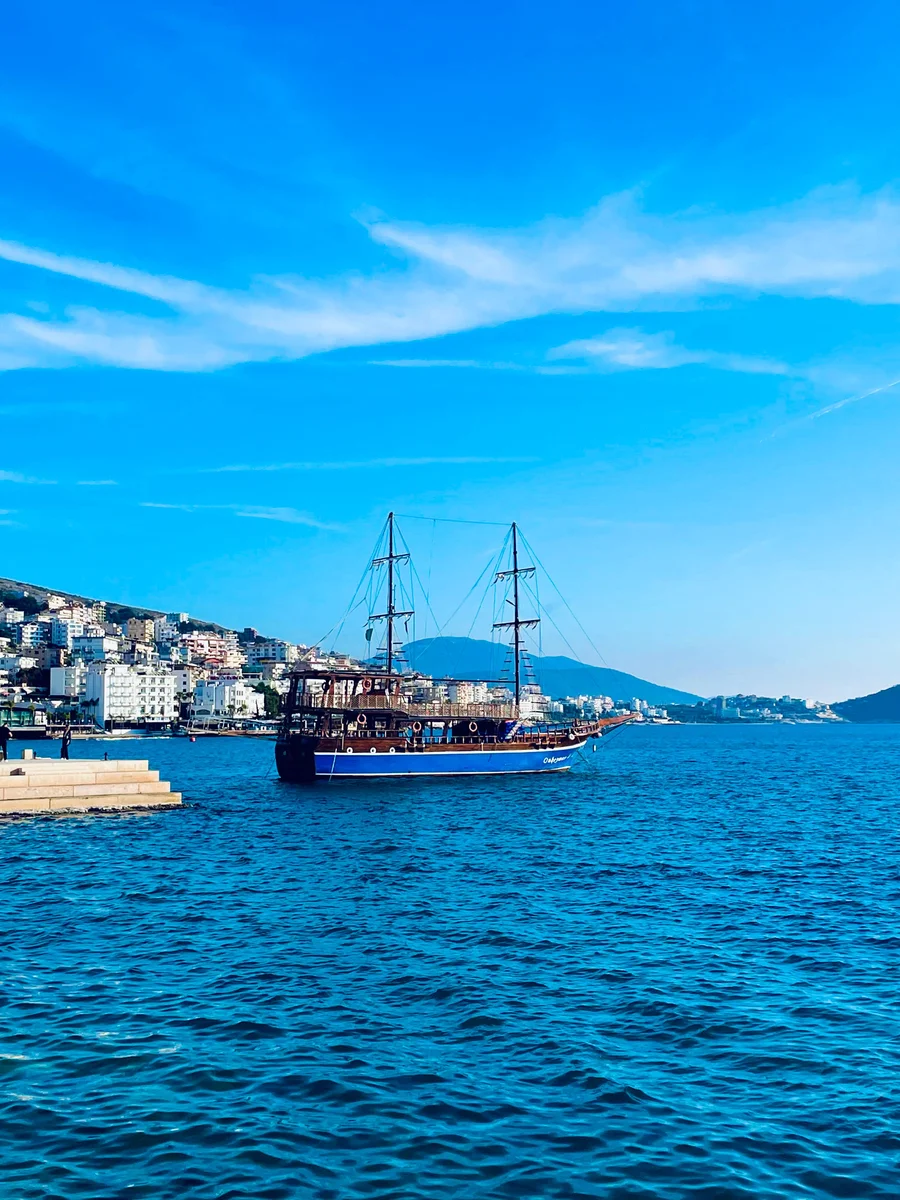
— What are the prospects for Albania’s real estate market in the context of EU integration and funding programs?
— Albania is at a unique turning point: it has officially started EU accession talks, accompanied by major funding programs, infrastructure investments, and legal harmonization. This brings stability, trust, and new investors to the real estate market.
What EU integration changes:
- Stronger legal frameworks: construction and cadastral laws now meet EU standards (e.g., registering apartments during construction).
- International funds are investing in roads, ports, and airports, boosting property values near key projects.
- EU-supported tourism drives rental yields and encourages new complex construction.
Regional prospects:
- Tirana: the capital will remain a business hub with sustained price growth.
- Durrës: a future hotspot. The port relocation and Durrës Yachts & Marina project, backed by Arab funds, make it a dual market (resort and business). Proximity to Tirana adds value.
- Vlorë: a major leap expected post-airport opening.
- Saranda, Ksamil, and southern cities: High tourism appeal, primarily seasonal markets.
Why now is the time to invest:
- Prices are still significantly lower than in Croatia, Greece, or Montenegro.
- Growth is already happening: Durrës and Vlorë saw 25–30% price increases in 2024–2025.
- Investors buying during construction will see both price appreciation and a fully registered property in 2–3 years.
Conclusion
Albania is on the path to EU integration, and its real estate market is responding: prices are rising, demand is growing, and infrastructure is developing. For investors, this is a «golden window» — especially in Durrës, where proximity to the capital, major projects, and rapid price growth converge.
Today’s Albania is tomorrow’s Croatia. The difference? You can still enter the market at affordable prices.
Author
I am responsible for editorial work. I write expert interviews and guides.








